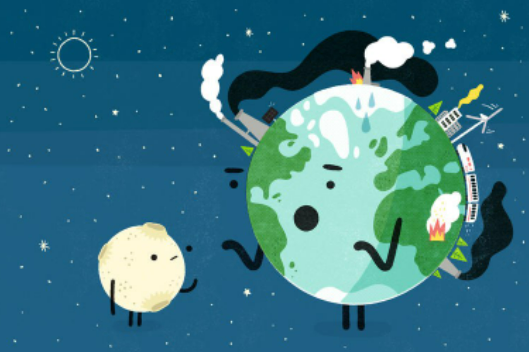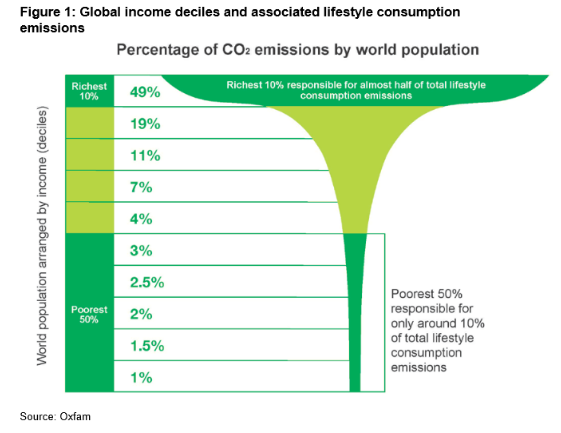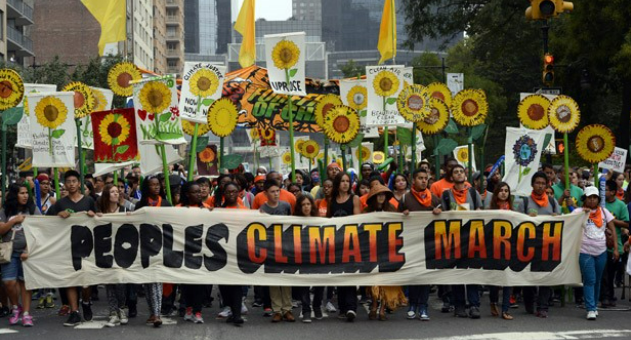Written by Tonayo Crow (she/her/hers)
In honor of National Public Health Week 2022

The Washington Post recently released an article titled, “U.N. secretary general says global climate target ‘is on life support,’” which is a dire warning if I’ve ever heard one. In the past couple of years, I’ve read my share of books and articles on the climate crisis (All We Can Save was a highlight). I know that climate change harms BIPOC communities and low-income communities the most, despite the fact that they are the lowest contributors to this crisis. I know that even with the U.S. rejoining the Paris Agreement, things are not looking great to meet our global goals for slowing the warming of the atmosphere. I also know that for the past two years, we have collectively struggled amidst the COVID-19 pandemic and tragic loss of life. I will be the first to admit that, in an attempt to deal with my day-to-day reality in the pandemic, I let some of my passion for things like fighting climate change drift away, if only because I could not take any more bad news. If this resonates, know you are not alone. So, what can we do? How can we, as individuals, coalitions, and community groups, take action for climate change, and center health and racial equity in the process?

The first step might simply be to contact your Congressional representative and urge them to take this threat seriously. Or, if you or your community have been personally impacted by climate change, you can use the power of story telling to spread the word. Data is great, wonderful even in helping us to understand our world. But personalized stories and anecdotes make things concrete, help us to empathize on a human level with tragedies that we may not have experienced ourselves. And let’s never forget the power of grassroots, local organizing. Sure, it feels overwhelming when we have limited power as individuals to create change on a national or global level. So, start small! Think about what you can do in your own neighborhood—can you connect with your local health department? Write to your town/city council or mayor? Can you join forces with an organization that’s already doing this work (if you’re in MA, check out our coalition database here)? Maybe you don’t have the time to spare, but you do have money. Donating to a local organization can go a long way to supporting their work.
I’ll leave you with this: when I was in high school, I took AP Environmental Science. It was in this class that I learned about the Tragedy of the Commons. In a nutshell, this idea gets at collective responsibility; when we fail to take care of resources together, and act in our own self-interest, things go to ruin. It is up to everyone to take actions both big and small to prevent the climate crisis from worsening. I know that it’s challenging. I know that many of us are just trying to survive a pandemic and care for ourselves and our families. But if we fail to act now, together, then we will suffer the Tragedy of the Commons. I ask you to join me in taking one small action in your life to address this crisis. It is now or never. I believe we have the collective power to act and protect those most vulnerable to this crisis, but we need to act with urgency. Climate change won’t wait, and neither should we.
